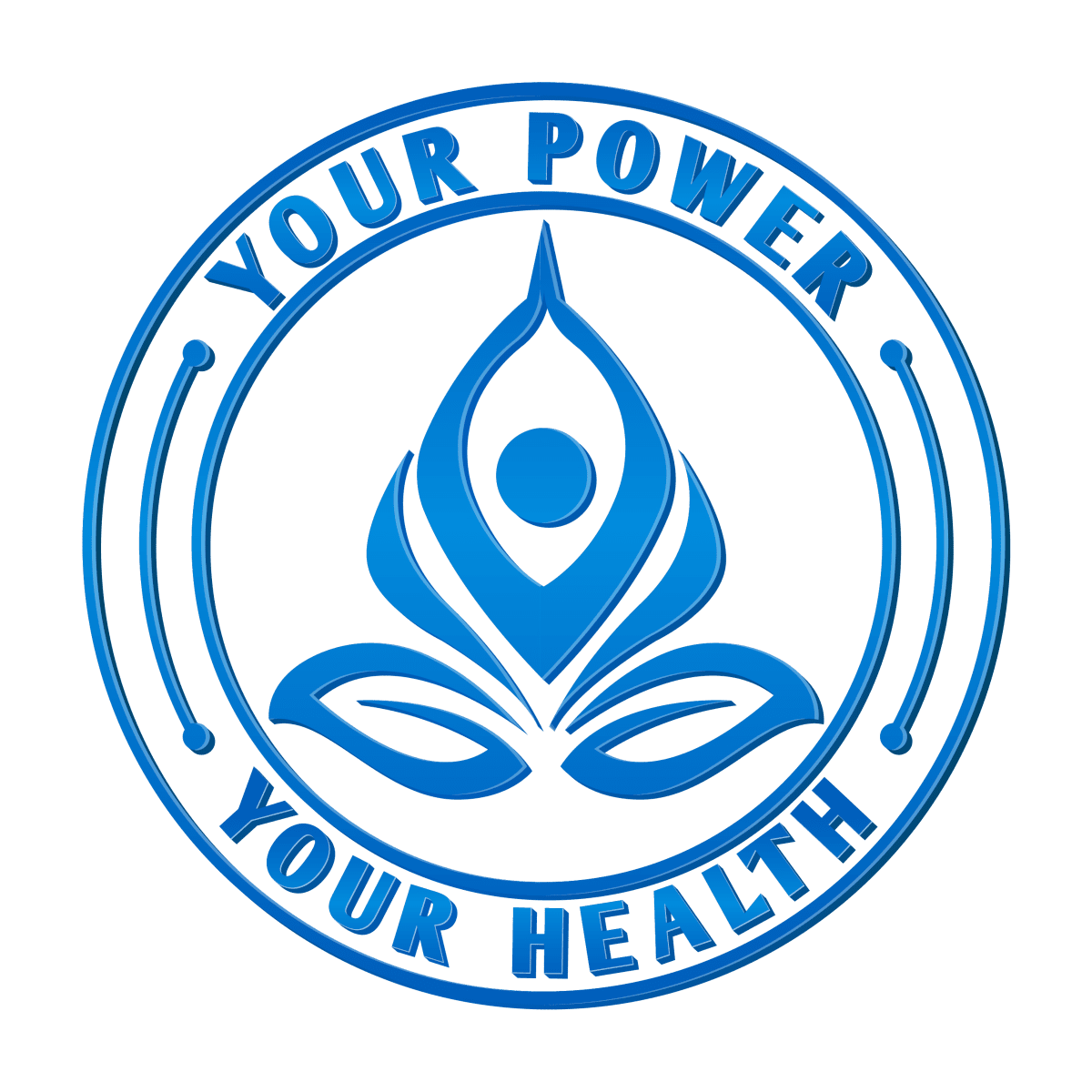Atrial fibrillation (AFib) is an irregular heartbeat that puts the patient at higher risk for stroke, heart failure and other cardiac conditions.
When a heart is in AFib, the upper chambers of the heart are not beating in synch with the lower chambers, possibly causing weakness, shortness of breath and heart palpitations.
AFib is not generally life-threatening but, left untreated, will put the patient at higher risk for potentially lethal blood clots. AFib episodes may come and go but it may also not go away and may require treatment on an emergency basis.
One of the biggest issues with AFib is the possibility of developing blood clots as a result of the irregular heart rhythm. The clots can travel from the heart to other organs, blocking the flow of blood.
AFib might be treated with medications or other types of intervention to correct the electrical impulses coming from the heart.
Symptoms of AFib
It is possible to have AFib and be asymptomatic or have mild symptoms. Others can have it and be bedridden during an episode. Some of the symptoms you may feel if you have AFib:
- irregular heartbeat that may feel like it’s racing or flip-flopping in your chest
- weakness
- fatigue with exercise or inability to exercise
- chest pain
- shortness of breath
- dizziness or light-headedness
- general fatigue
Sometimes AFib goes unnoticed until its discovered at a medical check-up but in other people the symptoms are profound.
Causes of AFib
- heart attack
- high blood pressure
- coronary artery disease (CAD)
- abnormalities within the heart structure
- overactive thyroid or metabolic issues
- stimulant overuse like tobacco, caffeine, alcohol and medications
- virus
- prior heart surgery
- sleep apnea
- lung issues
While these problems may cause AFib, there are people who have none of these issues and still develop AFib. It’s not clear why people develop this condition, called lone atrial fibrillation, and the dangers are also not clear.
Risk factors
There a some risk factors that can be managed through lifestyle and nutritional changes and others that cannot be changed:
- age
- heart disease of any type
- chronic conditions
- family history
- alcohol consumption
- obesity
- high blood pressure
Prevention
You may not be able to completely eliminate your risk for AFib but you can certainly do your best to prevent its development.
- exercise regularly
- heart healthy diet
- don’t smoke
- maintain healthy weight
- limit/avoid caffeine and alcohol
- minimize use of over the counter meds for colds that contain stimulants
- manage stress, especially extreme anger
AFib increase your risk for stroke and heart failure but you can take steps to minimize your risk to the best of your ability through lifestyle and nutrition management.
If you need help in this area, feel free to reach out to me.
My Story
Since June 2019, I decided to hold myself accountable for walking my talk. Several years ago, I was able to take off 135 pounds and essentially save my own life. I regained some of that weight in the last couple of years and I’m working my way back down. I’ve lost over 40 pounds since I began in June and have exercised nearly every day since August.
If you choose to join me on this journey, I hope I am able to impart some nutritional and lifestyle wisdom. Even though I may have gone off the rails temporarily I can still share some of my first hand experience as well as my acquired knowledge and training to help you make the right changes to live your best life.
Do You Want Help?
Would you like to have more energy, lose weight, sleep better, and balance your hormones? Aren’t you tired of feeling bloated and lethargic?
If you continue to follow the path you’re on, where will it lead you in six months? a year? Isn’t it time to take a different approach?
What you have done in the past hasn’t worked or at least has not stuck. I can help you change that. Click here for a free consultation. We’ll discuss your challenges and your goals for the coming year and see if we’re a good fit. You have nothing to lose except those nasty cravings.
As a health coach, I work with women who are facing serious health challenges like heart disease, metabolic syndrome and diabetes or who have been diagnosed as having a precursor to a serious health issue such as high blood pressure, high cholesterol or high blood sugar. I help them make food and lifestyle changes so they can get healthy, live longer and enjoy a fuller, happier, more energetic life. If you would like to have a free consultation about the health challenges you have and the improvements you would like to see in your health, click here to schedule a no strings attached call.






